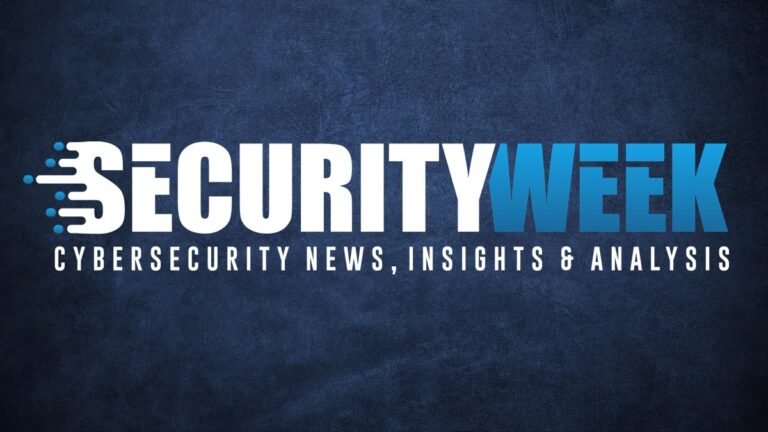Quick Takeaways
-
Data Breach Details: Zoomcar, an India-based car-sharing marketplace, reported unauthorized access to its IT systems on June 9, compromising the personal information of 8.4 million users, including names, phone numbers, and addresses.
-
Scope of Impact: The compromised data was described as a "limited dataset," with no evidence that sensitive information such as passwords or financial data was accessed.
-
Operational Impact: Despite the breach, Zoomcar stated there has been no material disruption to its operations and is actively assessing legal and reputational repercussions.
- History of Breaches: This incident marks the second significant data breach for Zoomcar, following a 2018 attack where over 3.5 million user records were stolen.
Problem Explained
In a recent alarming revelation, Zoomcar, the India-based car-sharing marketplace, discovered that its IT systems had been compromised, exposing personal information of approximately 8.4 million users. The unauthorized access, which occurred on June 9, was made known to the company when employees received communications from a threat actor claiming responsibility for the breach. The compromised data included names, phone numbers, car registration numbers, physical addresses, and email addresses; however, Zoomcar reported that sensitive information such as passwords and financial data remained secure.
The company, which operates in several countries including India, Indonesia, Egypt, and Vietnam, has promptly informed the U.S. Securities and Exchange Commission (SEC) about the incident. While the breach has not materially disrupted operations, Zoomcar is actively assessing the situation’s legal, financial, and reputational ramifications, alongside potential remediation costs. This incident marks a troubling recurrence for Zoomcar, which previously suffered a significant data breach in 2018, further highlighting the ongoing vulnerabilities faced by digital platforms in securing user data.
What’s at Stake?
The recent data breach at Zoomcar, impacting the personal information of approximately 8.4 million users, underscores significant risks for other businesses and organizations within the car-sharing ecosystem and beyond. The unauthorized access not only jeopardizes user privacy, revealing names, contact details, and vehicle registrations, but also casts a shadow of distrust over the entire sector, potentially dissuading users from engaging with similar platforms due to fears of compromised security. As customer confidence erodes, companies may see a decline in user acquisition and retention, which can precipitate substantial financial losses. Furthermore, the incident may trigger a cascade of legal repercussions and increased regulatory scrutiny, leading to potential fines and costly remediation efforts that burden operational resources. In a landscape where digital interconnectedness prevails, a single breach can reverberate, causing collateral damage that extends far beyond the initial target, as users may reassess their affiliations and organizations may reevaluate partnerships driven by shared data ecosystems.
Possible Next Steps
The swift and effective management of data breaches is paramount, as evidenced by the recent situation involving Zoomcar where hackers accessed sensitive information of 8.4 million users. Timely remediation is essential not only to protect individual privacy but also to maintain the trust and security attributed to the platform.
Mitigation Steps
- Immediate Incident Response
- Comprehensive Data Review
- User Notification Protocol
- Breach Impact Assessment
- System Vulnerability Patching
- Continuous Monitoring
- Enhanced Data Encryption
- User Identity Theft Protection
NIST CSF Guidance
The NIST Cybersecurity Framework (CSF) emphasizes the necessity for a proactive approach to risk management and incident response. Specific guidelines can be found in Special Publication 800-53, which provides a structured process for addressing vulnerabilities and instituting effective controls that could mitigate future risks.
Advance Your Cyber Knowledge
Explore career growth and education via Careers & Learning, or dive into Compliance essentials.
Learn more about global cybersecurity standards through the NIST Cybersecurity Framework.
Disclaimer: The information provided may not always be accurate or up to date. Please do your own research, as the cybersecurity landscape evolves rapidly. Intended for secondary references purposes only.
Cyberattacks-V1

